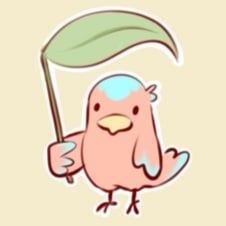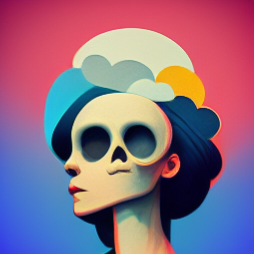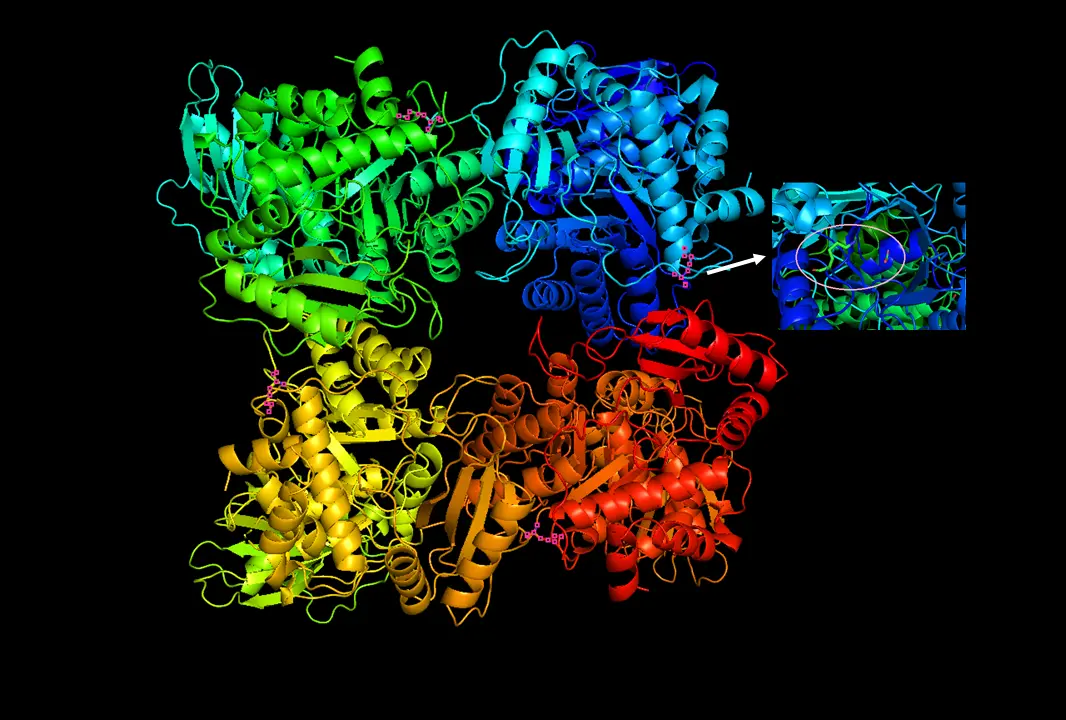While that one guy with the tall head was intentionally silly, I think I’m struggling most with proportions. I’m using a reference image for most of these, but none of the end results look much like the people in the photos. I’m also not using a grid as I’m doing this all with pen. I know I’ll eventually get it with practice, but is there anything specific I could try?
I’m very much learning as well but 2 pieces of advice that have been helpful:
-
When practicing from references or life, draw what you see. This is harder than you think, it takes lots of concentration to avoid drawing what your brain thinks is the real world.
-
Look at the negative space, that is, the space in between the forms of what you are drawing. This helps establish relationships between the elements of your drawings.
Some exercises that can help:
-
Drawing without looking at the paper (helps switching your focus from the paper to what you are seeing, the results are strange and funny)
-
Put your reference upside down (helps with drawing what you see instead of your mental model because the brain is not use to seeing the objects upside down)
-
Take a house plant and draw it using only negative space. Your goal is to not draw the plant but what is not the plant.
Have fun!
draw what you see.
This is the best advice I ever got when it comes to realistic drawing. And it is hard! Seeing is different than knowing. And a two dimensional page is different than the 3D space that we live in. Drawing is like a translation between brain, eyes, and the paper.
If you draw what you know, you end up with some weird shit, like those medieval cat drawings. It may be recognizable as a cat, but doesn’t look like you’re seeing a cat.
-
If faces are your thing, check out the Loomis method. It’s considered the essential method for consistency in head and face drawing. Also check out the Proko videos on eyes, nose, ears, etc.
Welcome to the rabbit hole.
Will do, thanks! :)
First off, these look great as first drawings!
Now if you’re looking for more realism, one piece of advice I have for you is change the position of the eyes. They don’t seem like it but they’re just about halfway on someone’s face.
Either way, you’ve got a cool style so keep at it!
Edit: I would also totally get a tattoo of the little guy in the top hat waving hello
Thanks! And yeah, they definitely don’t seem like they’re half way, lol, so that’s good to know. Another commenter suggested the Loomis method, so that should help me place things better.
I always drew the top hat guy as a kid, so I thought I’d try doing a modern rendering. I quite like him, too. :)
This is the drawing cheat code
Thank you
don’t look for outlines but volume
This sounds like great advice, but I don’t understand what you mean. Can you elaborate?
found this with keywords “drawing volume” ☞ Learning to see volume and applying it to your body drawings https://www.youtube.com/watch?v=OsC4xbGiHTI
he explains it effectively
I always found it easiest to start with the nose and then the eyes. Work out from there.
Try unique reactions next. For example: a grimace, an eyes-closed gut-busting laugh, an angry shout, a Spock eyebrow raise, someone brushing their teeth or about to inhale a big sandwich, blowing a kiss or whistling, etc.
Find a reaction gif or meme that speaks to you and draw it.
Jon Stewart is fun to draw.Also, try drawing hands, feet, trees, and insects.
I look forward to your future work; you’ve got a great start here!
You need to finally get some sleep.
Shading. Try getting a play on light and shadows. Brings depth into your drawings.
I also have no idea why none of my women look feminine. A few of them have an awfully strong jaw, lol, but other than that, I have no clue.
I don’t draw, but I think a lot of the facial sexual dimorphism in people isn’t real. The same features that appear masculine in some populations or cultures appear feminine in others. A bunch of recognizing masculinity or femininity is probably based on archetypes and other signaling features.
In western media women are presented as younger than men, so lots of the features we recognize as feminine like having a smaller nose are really features of being younger. (And also why nose jobs are popular - not only do they make you match a societal beauty standard, they also make you look like your own memories of yourself)
The really observable facial secondary sex characteristics are darkening of hair pigmentation and increased sebum production in men. In art those would probably show up more in shading than line drawing. Feminine makeup in response to those things is kind of a mixed batch. There’s adding shading to the face in places that wouldn’t be darkened by facial hair, like cheeks or under the eyes, which might exaggerate sex linked appearance. Similarly trimming eyebrows to reduce the appearance of darkened facial hair. But there’s also markup to darken and thicken eyebrows, makeup to lighten cheeks instead of darken them, and makeup to add a more oily, glowing appearance.
A “feminine” look is a lot of facial features coming together at once. Face shape, Hair, jaw, eyes, etc.
Focus on getting each detail right and that will come together.






